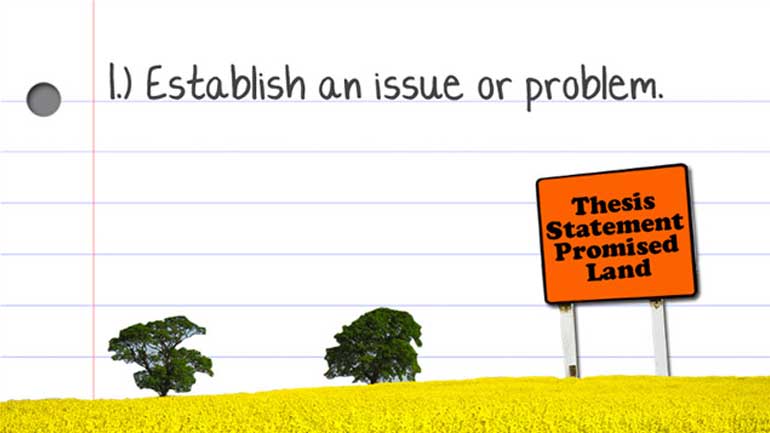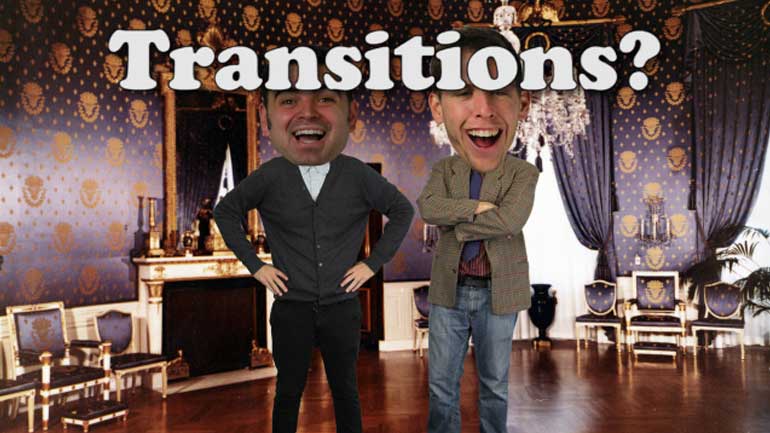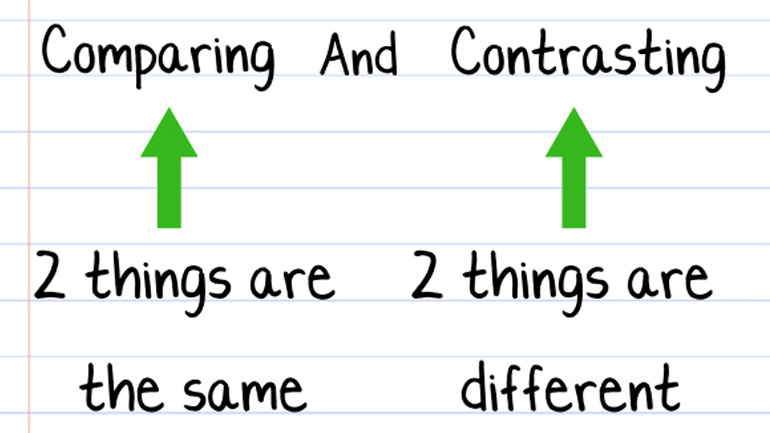ShmoopTube
Where Monty Python meets your 10th grade teacher.
Search Thousands of Shmoop Videos
Writing Elements and Process Videos
Play All
Choosing a topic can be extremely difficult—even more difficult than deciding which Ben & Jerry's flavor to try next. No, scratch that. Nothing w...
No busque una palabra negativa. Sino una palabra que pueda ser positiva. Tales son "no se caiga", " no molestes a tus maestros" "no se coma toda...
Without a thesis statement, you don't have a paper. Watch this video, and get the inside scoop on how to write a killer thesis statement.
We recommend carrying a copy of your outline with you wherever you go. You never know when someone will ask you to organize your thoughts.
If you copy this video description in its entirety and paste it somewhere else on the Internet, we will be none too pleased. And trust us—we will...
This video talks about transitions—why are they important for your essay? What do they do? What are the two major types of transition?
This video covers the top ten things to definitely not do in an essay and provides some tips for how to avoid them. Plagiarism and disorganization...
Because the world is working hard to make sure that your brain hurts, there is more than one way to cite an outside source within an essay. You can...
To find similarities and differences between two topics, just compare and contrast. This video explains the difference between comparing and contra...
Cause: You watch this video. Effect: You’ll be our best friend 4EVA. (We promise we don’t say that to everybody.)
When presenting an argument in an essay, you may want to play devil’s advocate. Don’t play it with the devil himself, though. That guy always w...
Transitioning smoothly from one sentence to the next can be tough. With a little bit of our help, your teacher will be calling you Mr. or Ms. Suave...
We'll teach you how to create a touchy-feely first sentences that'll capture your reader from the get-go, but don't get too carried away. You don...
This video offers some rules of thumb for writing a good introduction. It covers everything from tone (confidence is key!) to phrases and clichés...
Even the best essays can go wrong in the conclusion—this video covers what not to do in a conclusion to help avoid any essay-ending problems. The...
Reading repetitive essays can bore teachers to death because the essays repeat the same ideas repetitively. You don’t want your teacher to get bo...
As much as everyone compliments you on your dead-on Al Pacino impression, your college application is neither the time nor the place to let it out....
Conclusions are key. Without them, we feel incomplete, unfinished, and lonely. Okay, that might be a little dramatic, but you get the idea: everyth...
There are some tricks of the trade you can use when trying to bring readers around to your point of view. And none of them involve dangling a watch...


















